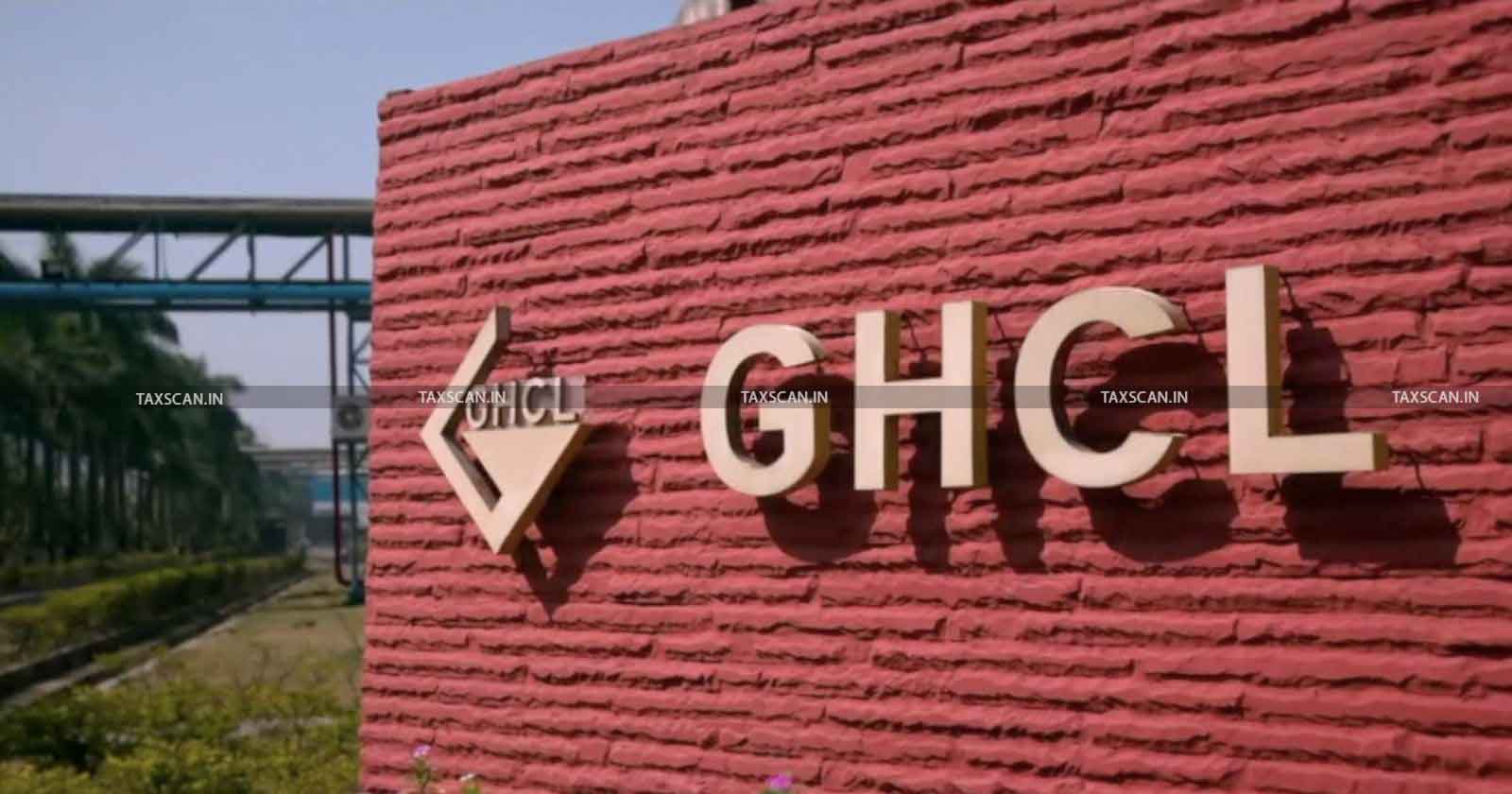Excise Duty Demand of Rs. 59 lakhs Unsustainable due to limitation bar and Proper Cenvat Credit Reversal by GHCL: CESTAT
The bench observed that Section 11A(4) of the Central Excise Act and Rule 14 of the Cenvat Credit Rules were not applicable as there was no fraud, suppression, or intent to evade duty

The Ahmedabad bench of the Customs, Excise, and Service Tax Appellate Tribunal ( CESTAT ) held that the excise duty demand of Rs. 59 lakhs was unsustainable due to the limitation bar and proper Cenvat Credit reversal by the appellant, GHCL.
The appellant is engaged in the manufacturing of cotton-made textile articles and cotton-blended processed fabrics. The appellant exported Grey Fabric and other manufactured goods under the Duty Drawback Scheme, from 01.04.2008 by following the Customs, Central Excise, and Service Tax (Drawback) Rules, 1995. This scheme allowed drawback benefits on the condition that no Cenvat Credit was claimed for inputs or input services used in the exported goods.
Redefine Finance: Master the Art of Investment Banking - Click here to Register
During the audit for the period Dec 2010 to Apr 2011, the department alleged that the appellant short-reversed Cenvat Credit on dyes, chemicals, furnace oil, and packing materials used in goods exported under the Duty Drawback Scheme. The department issued a show cause notice dated 29.03.2013 demanding CENVAT credit of Rs. 59,21,429 under Section 11A(4) of the Central Excise Act, 1944, and Rule 14 of the Cenvat Credit Rules, 2004, invoking the extended time provision.
The counsel on behalf of the assessee submitted that the department, in the show cause notice, determined the cost of sizing, colour, and chemicals at Rs. 8.66 per meter. This was based on a cost audit report indicating the use of 444,740 kg of sizing chemicals valued at Rs. 3,48,98,789 and 26,85,960 kg of colours and chemicals worth Rs. 20,60,59,092 to produce 2,78,34,521 meters of processed fabric, and the total cost was calculated as Rs. 24,09,57,881 divided by 2,78,34,521 meters, resulting in Rs. 8.66 per meter.
The bench went through the details of processed fabrics manufactured, outsourced, or purchased submitted by the appellant and observed that the credit reversal done by the appellants is correct and the entire demand of Rs. 59,21.429 was to be set aside.
Redefine Finance: Master the Art of Investment Banking - Click here to Register
The bench observed that Section 11A(4) of the Central Excise Act and Rule 14 of the Cenvat Credit Rules were not applicable in this case as there was no fraud, suppression, or intent to evade duty. The bench noticed that the department had knowledge about the reversal of Cenvat Credit by the appellant as it was informed on 8.04.2008, but the show cause notice was issued on 29.03.2013, far beyond the limitation period, due to which the notice and order are time-barred.
The CESTAT, comprising of Ramesh Nair ( Judicial Member ) and C.L. Mahar ( Technical Member ) set aside the impugned order and allowed the appeal filed by the appellant.
To Read the full text of the Order CLICK HERE
Support our journalism by subscribing to Taxscan premium. Follow us on Telegram for quick updates
GHCL LIMITED vs C.C.E. & S.T.Vapi , 2024 TAXSCAN (CESTAT) 977 , Anand Nainawati , Ajay Kumar Samota

